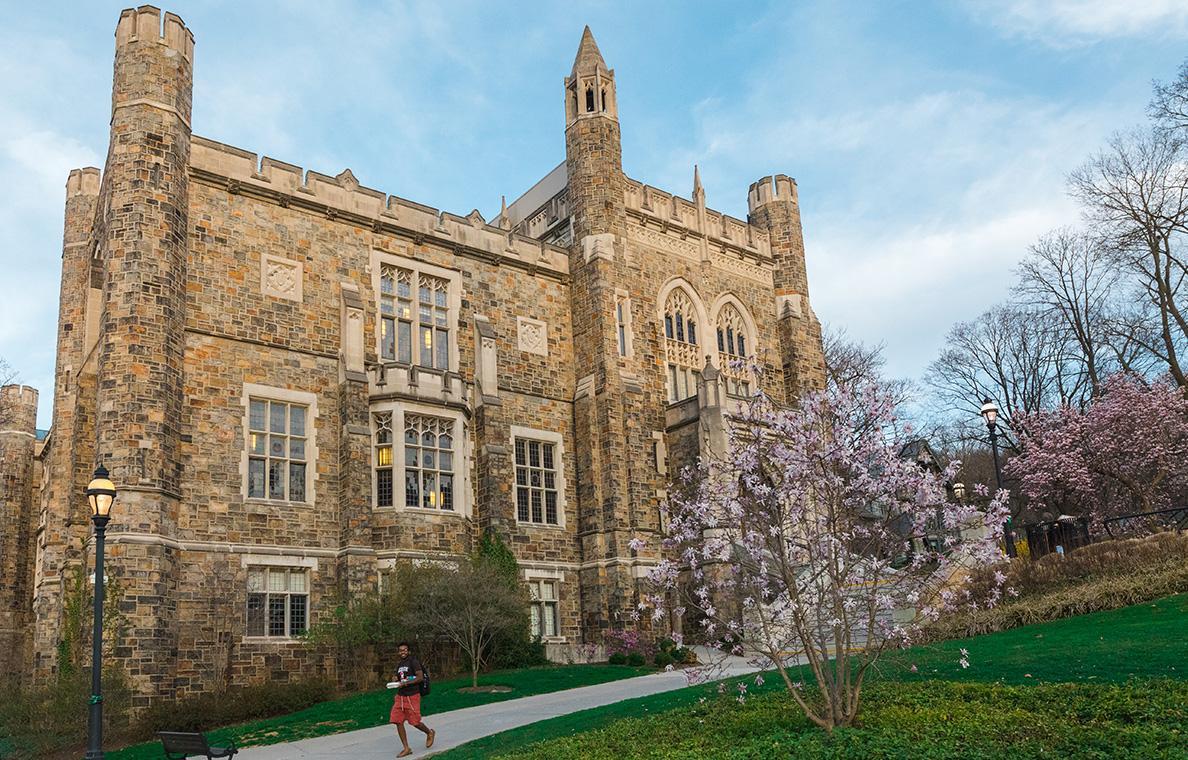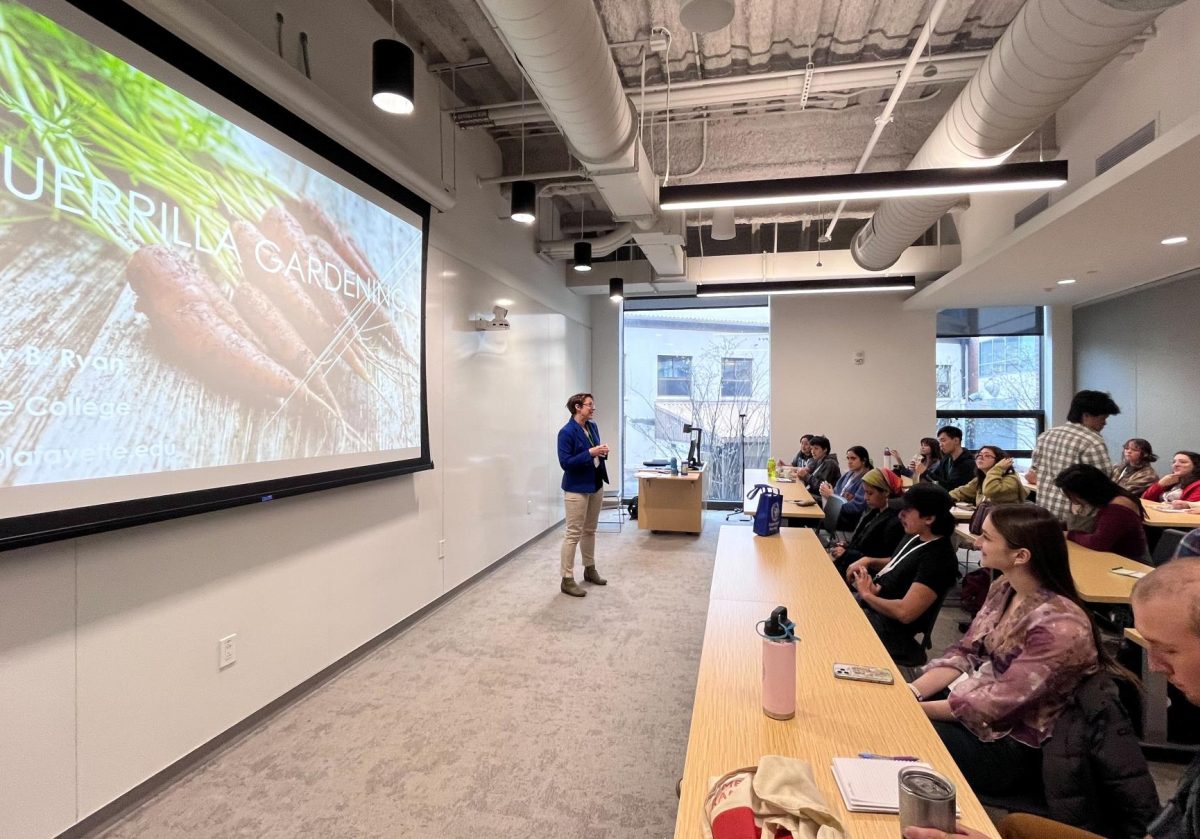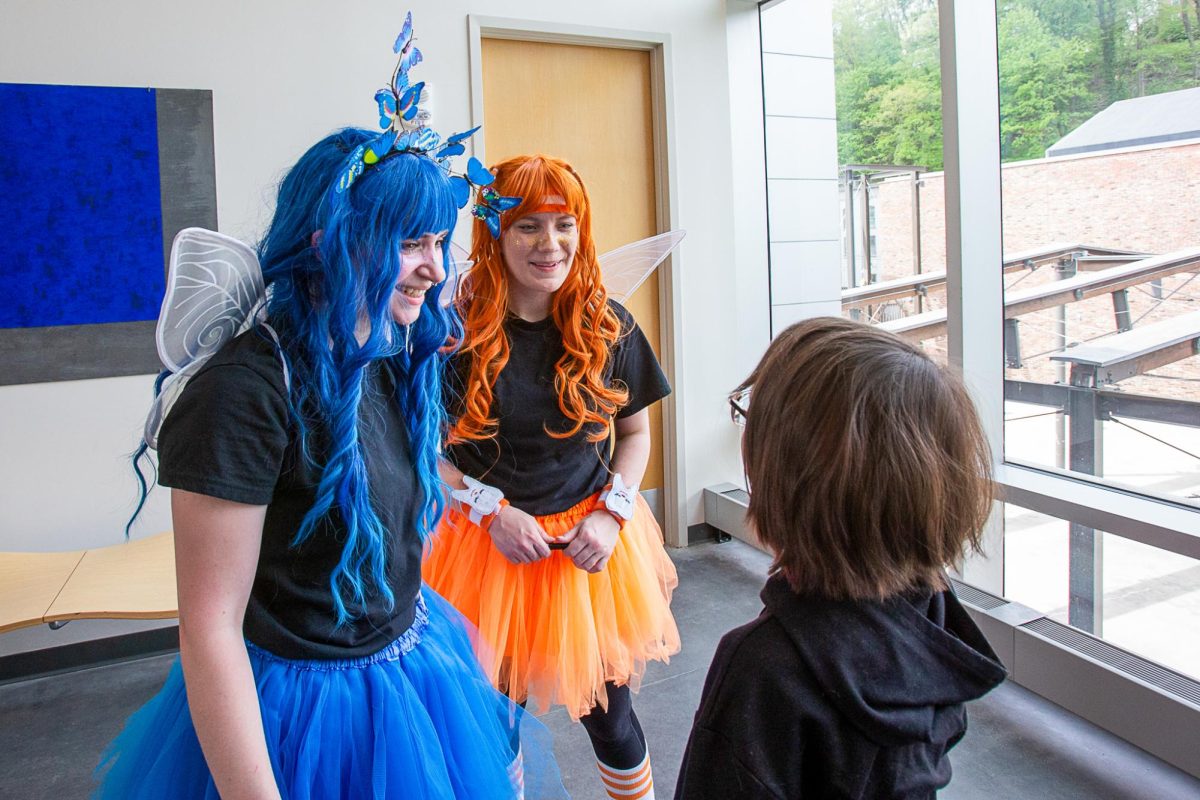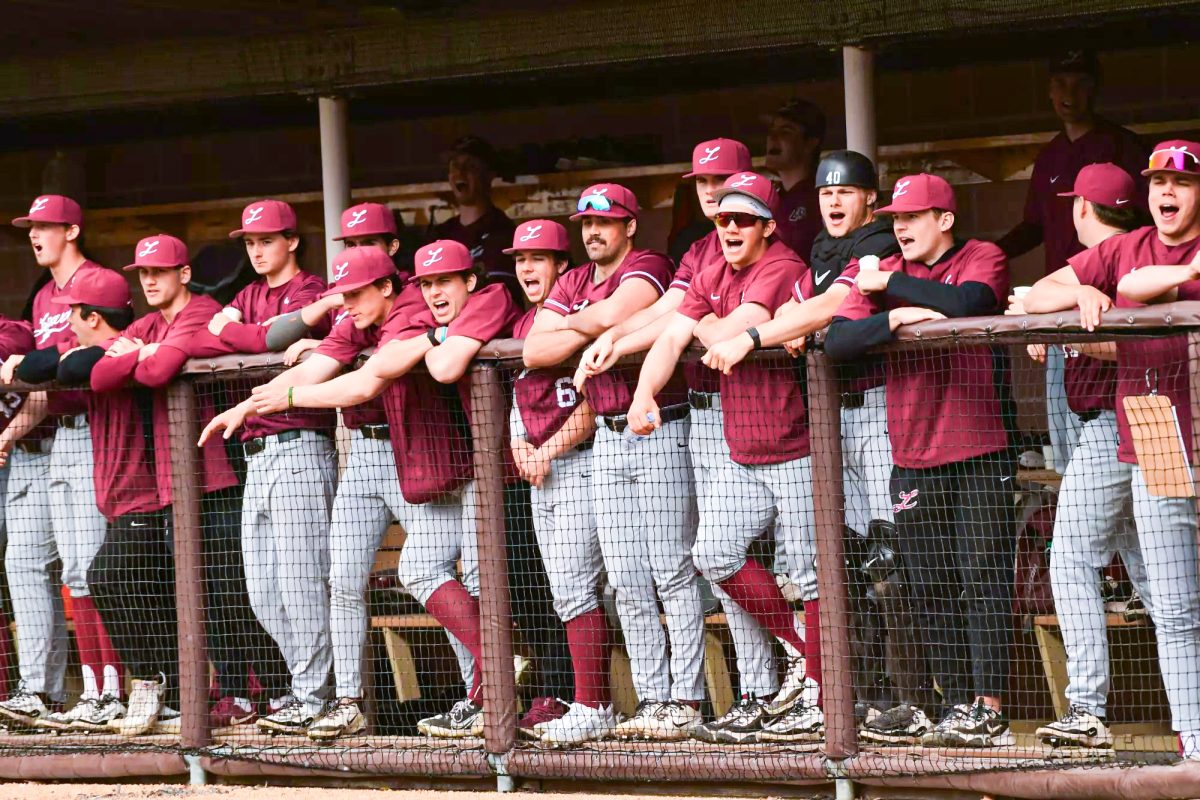I’m not an epidemiologist or a virologist. And I’m certainly not an immunologist. But I am concerned. It is challenging to look at the College’s COVID-19 Dashboard and not think that, as cases increase, our chances at normalcy, at togetherness, decrease. Many students, myself included, have already been tangibly impacted by these rising case numbers, even if they aren’t yet ill: two of my classes have already moved to remote instruction, and I don’t see this changing at least until the last week of September.
Realities like this make announcements like the “special COVID-19 update” on Tuesday seem moot and out of touch. Sure, the College, as an institution, “is not moving to remote classes,” but my classes are remote. Even for those of us who are not ill or haven’t yet had their classes moved online, an anxiety-ridden classroom is not a learning environment conducive to anyone’s success. Professors included. How can there be such a disconnect between what’s happening and the narrative our administration is projecting?
If, as the Parent and Family Relations newsletter claims, the College has an “ongoing commitment to offering a full, residential learning semester,” in what ways has the College demonstrated this “ongoing commitment?” Exactly how many “resources to the testing area” have been added since the start of this week? What exactly did the evaluation of “the air exchanges in our classrooms” find? This data isn’t available. I think it should be, and the fact that it isn’t available conforms to the reality I perceive: a hands-off approach during a storm that necessitates all hands-on deck.
In other words, we’re not being practical, tactical, or brilliant. Why have we put ourselves into a position where we’re forced to react rather than respond? This is a question that I can’t answer, nor is it my responsibility to. But I can’t help but ask myself: where do we go from here? In this regard, I’d like to propose some solutions, and it is my position that we don’t have to look very far. Only 15 miles far, in fact.
At both Lehigh University and Muhlenberg College, masking is required in residence halls until you are within your assigned dorm room. This masking requirement extends to common areas, kitchens, and hallways. Lehigh also prohibits eating or drinking in classrooms; as does Cedar Crest College. Lafayette, currently, only recommends that students mask within residence halls—which, for those who haven’t been in a Lafayette dorm this semester, serves as an invitation to not mask—and has no specific guidance on removing your mask to eat or drink, even if briefly, in the classroom. Why aren’t we holding ourselves to the same standards?
Lehigh, which is also experiencing a spike of COVID-19 breakthrough infections, has increased its testing capacity to include testing for students who “believe they are a close contact” of individuals who have tested positive for COVID-19. At this time, only those notified as close contacts are guaranteed a test at Lafayette’s Bailey Health Center. I don’t think I’m speaking out of turn when I say that students and their families expect Lafayette to increase their testing availability as soon as is practicable, to include those that believe they are a close contract or are vaccinated and not symptomatic. Lehigh will also begin surveillance testing of approximately 10% of on-campus, vaccinated students—in addition to continuing ongoing weekly surveillance testing of unvaccinated students—next week, and I would encourage Lafayette to follow suit.
Additionally, though our Administration claims that “it would be impossible to keep track of all visitors on campus,” at Lehigh and Muhlenberg, visitors are required to fill out symptom self-assessments before being permitted to join a tour group or enter campus facilities. Of course, if someone has driven 200 miles to see Lafayette and happens to have a stuffy nose, they’ll fill out the form with no mention of it. Still, it baffles me that a policy as easy to activate as a one-page symptom self-assessment that might provide our campus just a little more safety doesn’t exist.
And I won’t pretend to understand the financial implications (I’m an English major) of DeSales University’s policy of reimbursing room and board on a pro-rata basis for students isolating or quarantining at home but, instituting such a policy seems more fair than not. In fact, with the burden of finding a place to isolate or quarantine being delegated to students and their families who live within 300 miles of our campus, such a policy seems like common sense. Ultimately, anything that can be done to demonstrate care and concern for members of our community who become ill ought to be done.
To give our Administration some credit—as Op-Eds that only criticize tend to be deeply frustrating to me—it is worth noting that only half of the members of the Lehigh Valley Association of Independent Colleges have mandated vaccination for students, faculty, and staff: at Moravian University, DeSales, and Cedar Crest, vaccines are only recommended. Even then, it’s great that vaccines can protect us—and I affirm that they do—but that doesn’t mean the virus hasn’t and won’t continue to severely disrupt us.
With all this said, I call on President Nicole Hurd, Vice President for Campus Life Annette Diorio, Director of Health Services Jeffrey E. Goldstein, the whole of Lafayette’s COVID-19 Action Group and all other relevant parties to modify and strengthen our COVID-19 prevention and control policies, as soon as possible. It is your leadership that will either set us up to succeed or to fail.
I also urge my peers, professors, and the campus community to email covid-19@lafayette.edu and encourage the College’s leaders to adopt and expand upon the policies outlined in this article. Be well, stay safe, and wear a mask.





















































































































